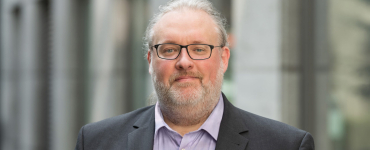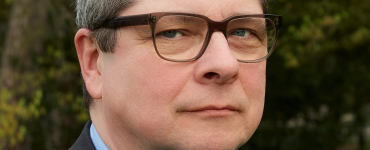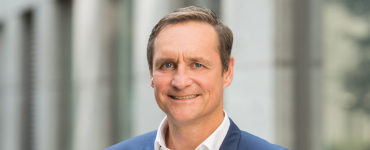On 12th September, the European Parliament will once again vote on the amendment to copyright law. Thus far, the European Parliament has rejected the plans to reform copyright law, with these plans including ancillary copyright for press publishers and an upload filter. On 5th July in Strasbourg, 318 MEPs voted against the committee report and the granting of a mandate for trilogue negotiations with the Commission and the Council, with 278 voting in favor, and 31 abstaining. Now the draft is set to be discussed again. Parliamentarians can then adopt amendments or reject the proposal once again.
Speaking on this subject, eco Chair Oliver Süme states:
“What we need at long last is a modernized copyright law which does justice to the digital age. The aim must not be to protect outdated business models while the demands of users and the market have long since moved on. Copyright is a highly valuable asset, but it must not become a pretext for slowing down digital innovation. Instead, Internet-based forms of use must be simplified and, above all, copyright regulations must be practicable for providers of new business models. This is the only way to create a healthy environment for innovative European companies”.
Should the EU Parliament decide tomorrow to implement copyright reform in line with the proposals of the rapporteur Axel Voss, this could mean a massive encroachment into the basic technical structure of the Internet and result in a paradigm shift, one which would lead to prior vetting of content and censorship infrastructures.
“It would correspond to a significant violation of the principles of the rule of law if, in future, companies and not courts got to decide what we are allowed to see, hear, and read on the Internet. Moreover, a European ancillary copyright law would only delay the necessary digitalization of the publishing and news industry, would impede innovation, and would become a competitive disadvantage for Europe as an investment location. This has already failed in Germany and Spain. The proposals presented by the Commission and the responsible committee would fundamentally change the technology-neutral structure of the Internet,” says Süme.




